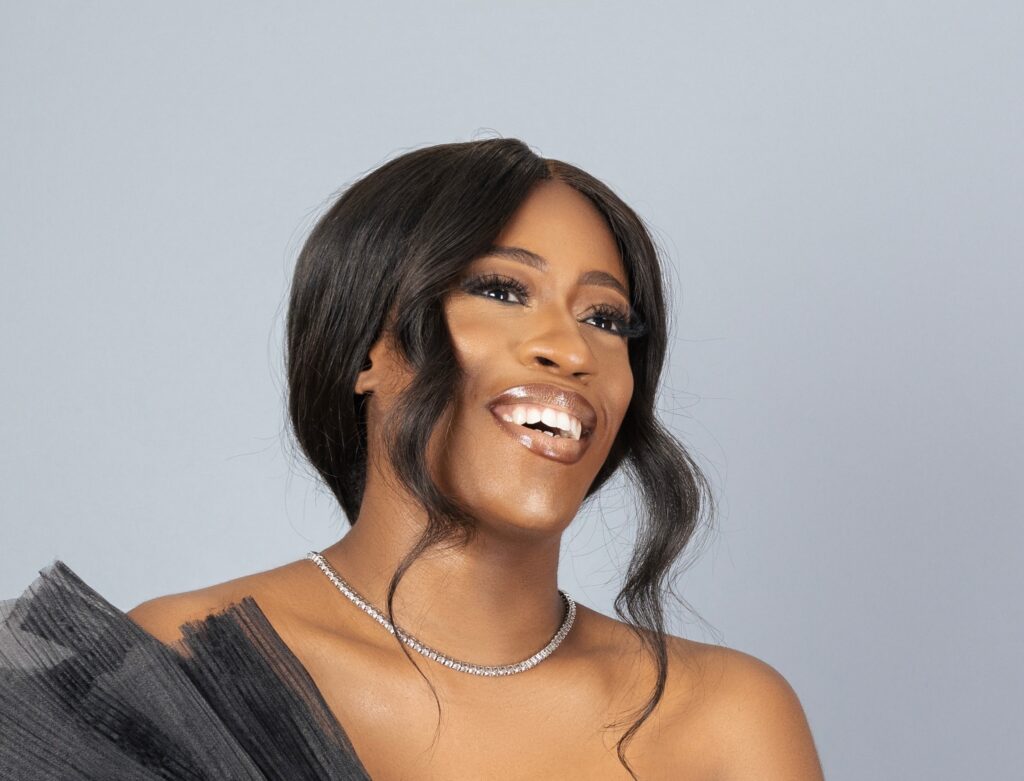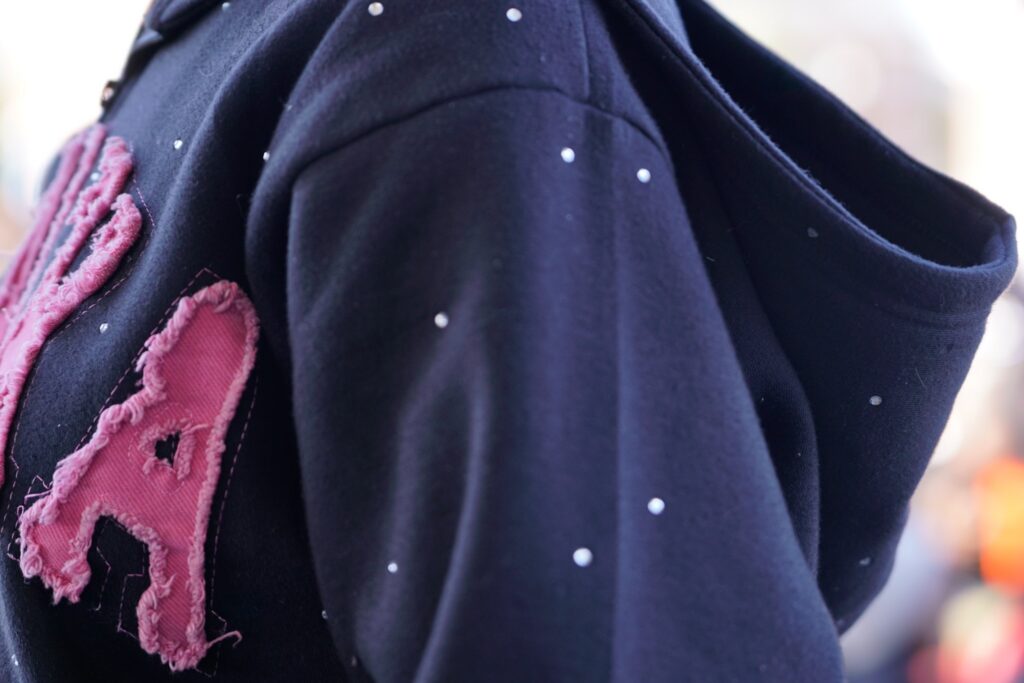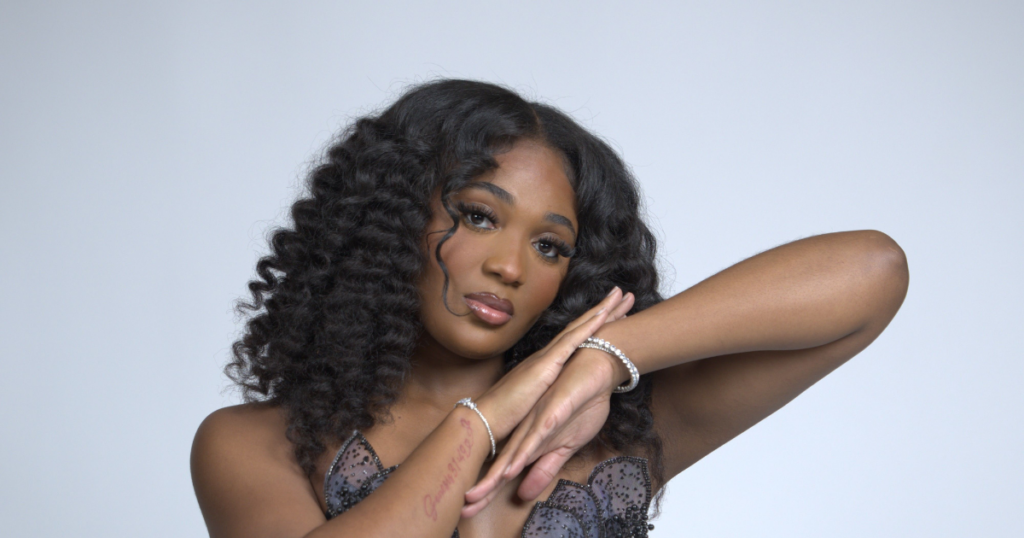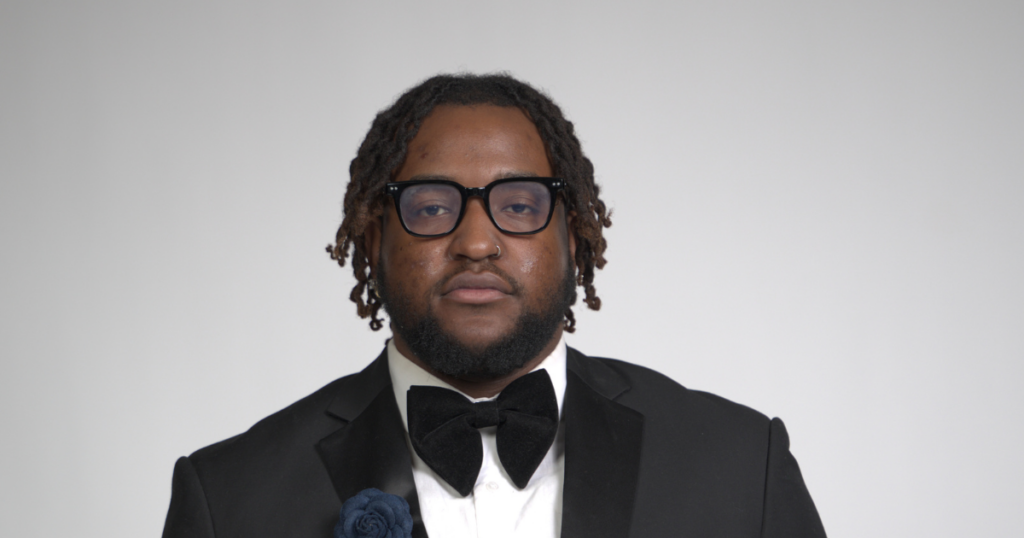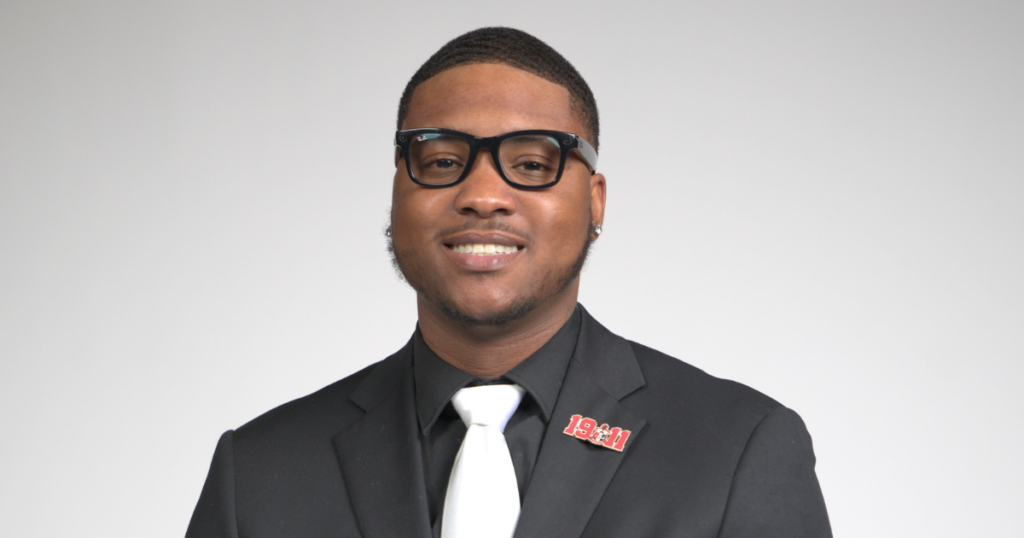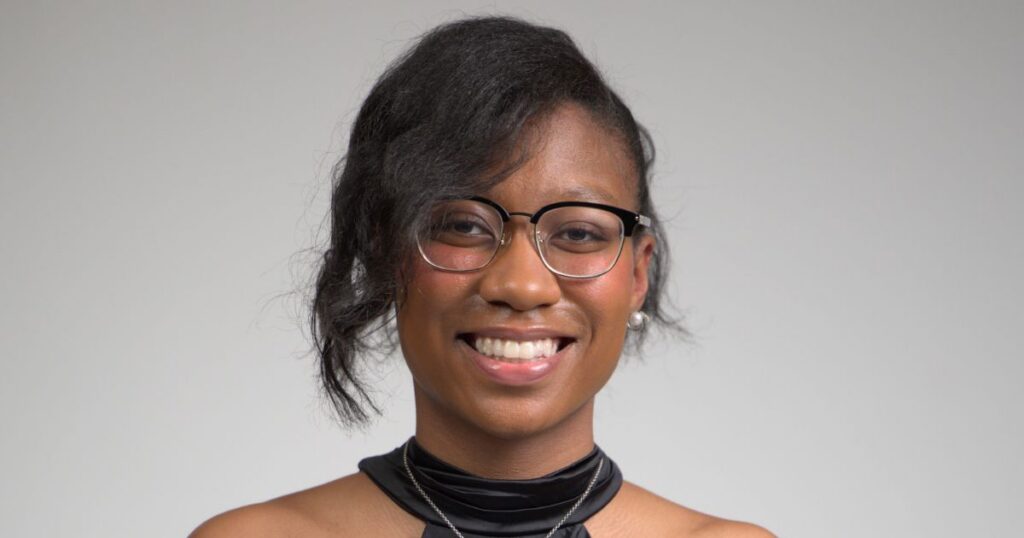What would you do if you were sued for discrimination for practicing your faith? In 2019, bridal designer Dominique Galbraith faced just that when she declined an order for a bridal jumpsuit from a same-sex couple. Citing her religious beliefs, Galbraith refused to provide services, ultimately leading to a lawsuit for discrimination
In expressing her stance, Galbraith made it clear that her Christian faith heavily influences her business decisions.
“I can’t make a garment for a same sex wedding, it goes against my faith,” Galbraith said. “As a Christian whose faith plays a role in all of my decisions including business, I could not in good conscience make the jumpsuit for a same sex wedding.”
Galbraith also shared her faith with the couple, urging them to reconsider and inviting them to discuss the matter further if they were open to it. However, instead of receiving a verbal reply, she was met with legal action. The case was filed with the New York Human Rights Division, leading to a discrimination lawsuit and eventual court proceedings.
LGBTQ+ Statistics and Legal Insights on Discrimination Cases
The Public Religion Research Institute (PRRI) surveyed over 22,000 adults in March 2024 for its American Values Atlas. The findings show that 22% of Americans aged 18-29 identify as LGBTQ, 10% of those aged 30-49, 6% of people aged 50-64, and 3% of people 65 and older. Overall, 10% of Americans identify as LGBTQ. Additionally, PRRI reported that 67% of Americans support same-sex marriage.
Civil Rights Attorney Robert Patillo weighed in on the dispute.
“The United States has 65 years of Jurisprudence on individuals not being able to discriminate in their businesses based on protected classifications,” Patillo said.
He explained that under the interstate commerce clause, a business conducting “public business” cannot deny services based on religious purposes and that this does not violate the First Amendment. Patillo added that he does not believe Galbraith will win her case and advised her to decide whether she wants a public business, as she must “abide by public laws”.
Perspectives from Law Attorney
Family Law Attorney and Regent University Constitutional Law Adjunct Professor Alyssa Dahl said that after reviewing the case, Galbraith’s attorney presented a “really compelling argument.” Dahl thought it was interesting that Galbraith had a case with the human rights association and chose not to get an attorney for those times when it came to the hearings.
According to Dahl, the New York Human Rights Act applies only to New York citizens or incidents that occur in New York. Since the couple involved was neither a resident of New York nor in the state when the incident occurred, Dahl agreed with Galbraith’s attorney’s argument regarding jurisdiction.
Dahl said that Galbraith’s refusal to design a wedding dress for a same-sex couple was not due to discrimination against their sexual orientation, but rather because of her belief that “marriage is between a man and a woman.” Dahl explained that Galbraith had previously worked with gay clients, but her refusal was specifically based on the couple’s wedding, not their sexual orientation.
“No one should have to set aside their belief concerning what marriage stands for,” Dahl said.
She also said that she does think it is a good sign that the Judge is continuing to hear Galbraith’s arguments. Though, she does advise Galbraith to remember that there are deadlines for appeals and to never miss those deadlines.
Ongoing Legal Struggles: Galbraith’s Fight for Her Beliefs and Her Appeal
In a final decision in September 2023, a judge in the Human Rights Division of New York ruled that Galbraith must pay $5,000 to the couple and $20,000 to the state of New York. Galbraith believed that this decision violated her First Amendment Rights as an American citizen.
According to Galbraith, she missed her deadline to appeal and could not find a lawyer for a while. Recently, she received court documents at the end of May of 2024 calling for an appearance in court. From here, the state called Galbraith back into court to force the judge to enforce the payment. Still without a lawyer, the Judge told Galbraith she could not come to court without an attorney. Late July, she found an attorney to represent her.
As of January 2025, Galbraith is still waiting for a decision from the judge. Galbraith said that this case has shaken her faith in a way, but she is not giving up on her stance. She has also remarked that she sees it as a good sign that the judge has not come to a decision yet.

